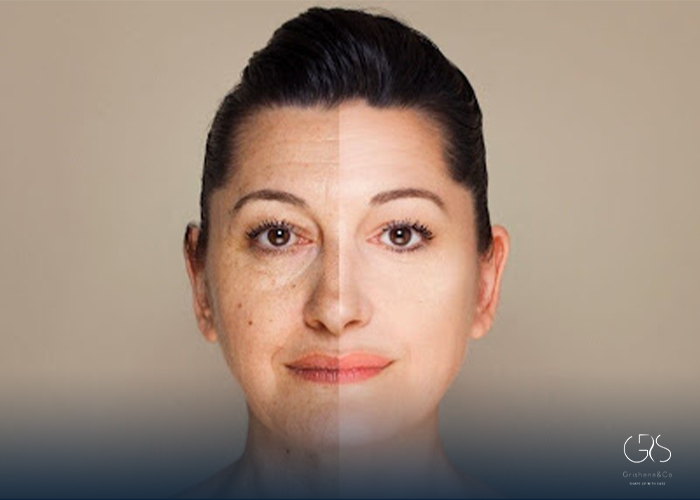Sleep is an essential component of our overall well-being, and finding the right sleeping position can make a significant difference in the quality of our rest. One of the most debated positions is stomach sleeping. Some experts argue that it can lead to various health issues, while others believe it can be harmless or even beneficial for certain individuals. In this comprehensive article, we will delve into the research, explore diverse perspectives, and ultimately determine whether stomach sleeping is truly bad for you.
The Potential Downsides of Stomach Sleeping:
Before we dive into the potential negative effects, it’s crucial to note that not everyone experiences the same issues when sleeping on their stomach. However, several concerns have been associated with this sleeping position, including neck and back pain, restricted breathing, and the development of facial wrinkles.
Neck and Back Pain:
Sleeping on your stomach can strain your neck and spine alignment, leading to morning aches and discomfort. The unnatural twisting of the neck and the arching of the back in this position can cause misalignment and strain on the vertebrae. It is believed that this strain may contribute to long-term issues if the position is consistently adopted.

Restricted Breathing:
When lying with your face pressed into the pillow, it can be challenging to breathe freely. This can disrupt your sleep pattern and potentially affect your energy levels throughout the day. The restriction in airflow caused by stomach sleeping may also lead to more frequent waking during the night.
Facial Wrinkles:
Constant pressure and friction against the pillow can contribute to the development of wrinkles and lines on your face over time. The repetitive positioning and movement of your head against the pillow can lead to increased skin compression, which may accelerate the formation of facial wrinkles.
Optimizing Stomach Sleeping for a Healthier Sleep Routine:
While stomach sleeping may have potential downsides, there are ways to optimize this position for better sleep and reduced discomfort.

Let’s explore some strategies:
Choosing a Supportive Mattress:
Opting for a firmer mattress that helps distribute your body weight evenly and maintains proper spinal alignment can mitigate some of the potential negative effects of stomach sleeping. A study conducted by the British Chiropractic Association found that a medium-firm mattress provides the best support for most people .
Incorporating Pillows Strategically:
Placing a thin pillow under your hips can help alleviate strain on your lower back while keeping your spine in a more neutral position. Additionally, hugging a pillow or placing one under your chest can prevent your head from turning excessively, reducing strain on your neck. These adjustments can promote better spinal alignment and alleviate some of the discomfort associated with stomach sleeping.

Exploring Alternative Sleeping Positions:
If you still experience discomfort or are concerned about potential health issues associated with stomach sleeping, it may be worth exploring alternative sleeping positions. Side sleeping and back sleeping are widely considered to be healthier options, as they provide better support to your spine and relieve pressure on various parts of the body.
Research and Diverse Perspectives:
It is important to consider diverse perspectives when discussing the impact of stomach sleeping on overall health. While some experts strongly advise against stomach sleeping, others emphasize that the effects can vary depending on the individual. One study published in the medical journal Sleep found that patients with sleep apnea experienced fewer interruptions in their breathing during stomach sleeping compared to side sleeping.
Conclusion:
In summary, stomach sleeping can potentially have negative effects such as neck and back pain, restricted breathing, and facial wrinkles. However, the impact varies from person to person. By employing strategies aimed at optimizing this sleep position, such as selecting a supportive mattress and using pillows strategically, many of these issues can be mitigated. Additionally, exploring alternative sleeping positions might be beneficial for individuals experiencing discomfort or wanting to reduce the potential risks associated with stomach sleeping.
Remember, it is crucial to listen to your body and consult with a healthcare professional if you have concerns regarding your sleep position or experience chronic discomfort.
Sources
- Mayo Clinic, What is the best sleeping position?
- National Sleep Foundation, The Best Sleep Positions
- Journal of Cosmetic Dermatology, Sleep wrinkles: Facial aging and facial distortion during sleep
- British Chiropractic Association, Sleep Posture










